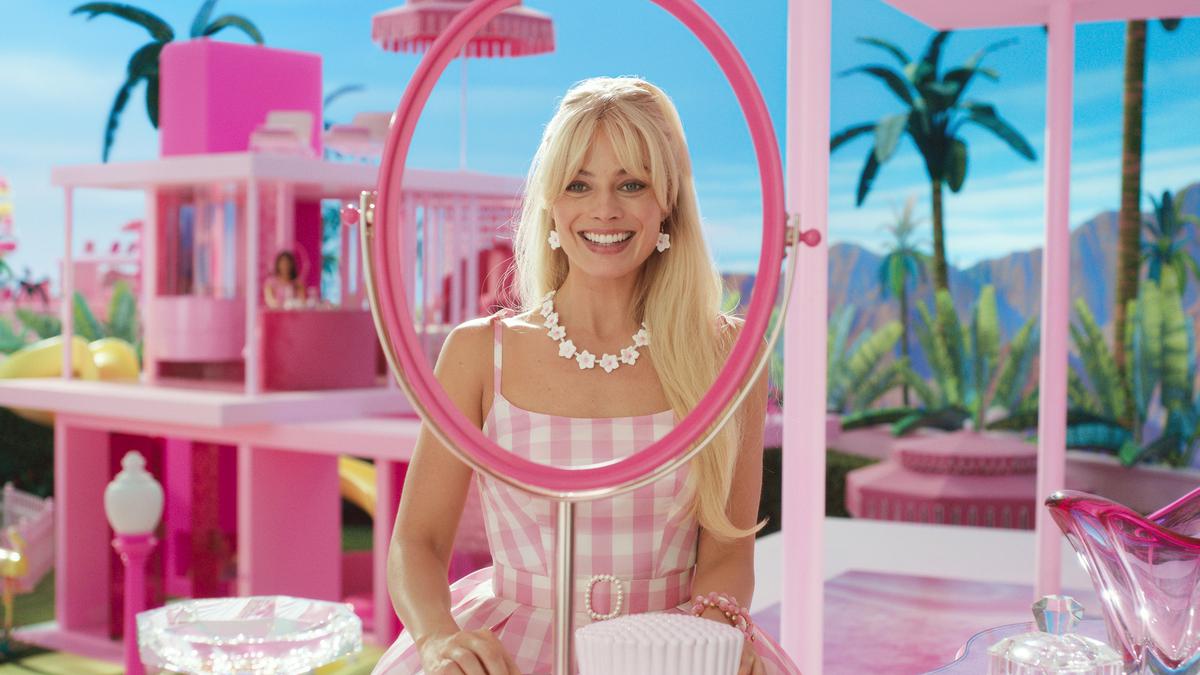
How a marketing blitz can affect film criticism Premium
The Hindu
It is not uncommon these days for some PR professionals to even call up critics after screenings and request that their opinions not be overly harsh once it is understood that the movie is potentially going to tank.
In August, The Guardian published a piece by film critic Manuela Lazic asking, “Who needs film critics when studios can be sure influencers will praise their films?” This struck a chord with film writers across the globe; such has been the impact of the marketing strategies that studios have built around big-budget releases in recent times, especially after the influx of the streamer.
As Lazic points out, the mega-success of Barbie is the best example of how this can pay off. Keeping aside the fact that the marketing budget of the film was higher than the cost of production, the plethora of early positive reviews from influencers and ‘select’ journalists even before the film opened ensured that the Greta Gerwig directorial broke all sorts of collection records and created the ‘Barbenheimer’ phenomenon. This is not to take away the fact that both Barbie and Christopher Nolan’s Oppenheimerdeserved the hype, but it was as much a win for PR as it was for cinema.
It is not very different in India. Critics are regularly invited to advance screenings before the opening weekend (usually, the most important days for a film’s box-office success) and given access to talent based on how harsh or favourable their previous reviews were. Exclusive merchandise and press junket invites are mostly extended to those who have played ball with the studio or streamer’s earlier offerings. The writers are made to feel like they are royalty while hanging out with the cast and crew, which naturally leads to glowing takes and fawning questions. Gone are the days of journalists being able to directly call up stars and set up interactions; if the marketing team doesn’t like your critique, you are in danger of being frozen out of mailing lists.
Indeed, movie marketing is essential when done the right way. But it is not uncommon these days for some PR professionals to even call up critics after screenings and request that their opinions not be overly harsh once it is understood that the movie is potentially going to tank. Or better still, they gamble on influencers whose reach can sometimes outstrip that of mainstream media houses. This is why many Instagram/YouTube stars are becoming “interviewers” nowadays.
So, what can the rest do? Often, a big part of a film or feature writer’s job depends on access. How many can afford to risk losing this altogether? Is it surprising then that many choose to only write something positive or nothing at all?
Then, there is the problem of film fandom. If a journalist writes a negative opinion about a superstar’s project, they can get trolled to the point where they are forced to deactivate their accounts. As former film critic of The New York Times, A.O. Scott, said about why he decided to stop reviewing movies after 20 years, “I’m not a fan of modern fandom. This isn’t only because I’ve been swarmed on Twitter by angry devotees of Marvel and DC; it’s more that the behaviour of these social media hordes represents an anti-democratic, anti-intellectual mind-set that is harmful to the cause of art and antithetical to the spirit of movies.”
This issue runs deep. As theatres struggle to recover in a post-Covid world populated with streaming platforms, critics are made to feel guilty by fans and even publicists, who ask in the belief that they are fighting for the greater good of cinema, “Why would you stop people from going to the cinema halls where they are needed more than ever? Your negative review could influence this theatre owner or production house’s future.”


















